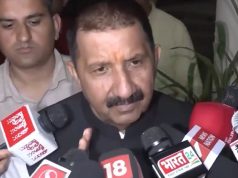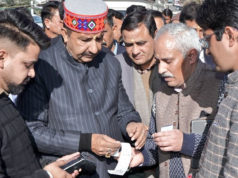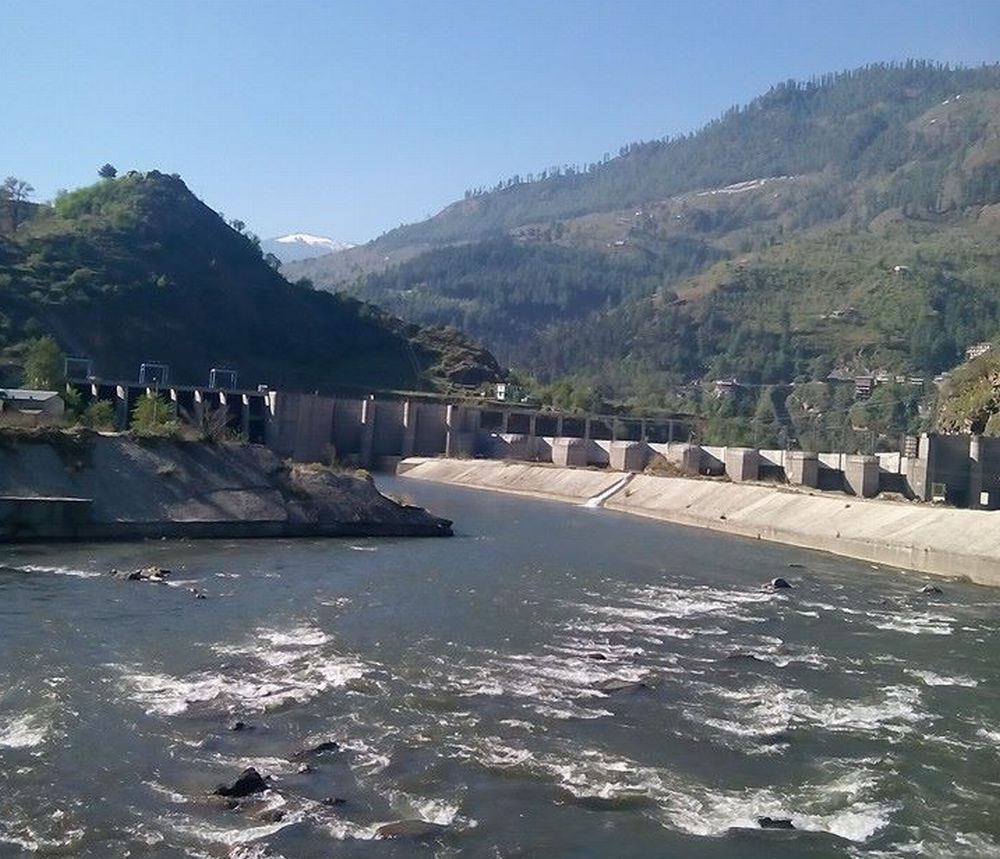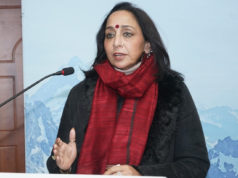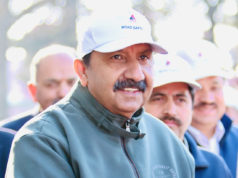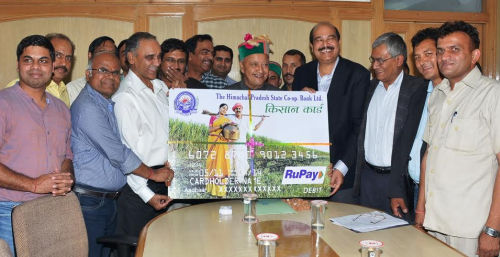Shimla – In a resolute and assertive move, the government of Himachal Pradesh is standing its ground in the face of opposition from the Central Government over the issue of water cess on hydropower projects. This clash of jurisdictions has escalated into a battle over the state’s rights to manage its water resources and the revenue generated from them.
Deputy Chief Minister Mukesh Agnihotri, minced no words when he declared the state’s refusal to heed the Central Government’s advice to withdraw the water cess imposed on hydropower projects within its borders. While interacting with media personnel in Shimla, Agnihotri emphasized the state’s commitment to assert its authority in matters concerning its water resources and hydropower generation.
The central point of contention revolves around the imposition of water cess on companies operating hydropower projects in Himachal Pradesh. Agnihotri underscored that the water, electricity, and project land are all owned by the state. In light of this, the government has decided to introduce water cess on these companies as a means to bolster its revenue. This decision has been facilitated through the establishment of a Water Cess Commission, which has recommended the imposition of cess on these companies. This move is anticipated to generate a substantial revenue of Rs 1,842 crore for the state.
The Central Government has repeatedly voiced objections to the imposition of water cess, stating that it is unfair. However, Agnihotri was quick to underline that the authority to levy water cess falls within the state’s jurisdiction, and the state government has already initiated the process through legislative means.
The Himachal Pradesh government has gone a step further by creating a Water Cess Commission and appointing its chairpersons and members. Notably, some power producers and the state electricity board have already complied with the law, paying a total cess amounting to Rs 28 crore.
Despite the Union government’s insistence that the water cess is illegal, Agnihotri has firmly stood his ground. He pointed out that the constitutional validity of the Himachal Pradesh Water Cess on Hydropower Generation Act 2023, enacted by the state Assembly on March 16, 2023, will be determined by the court, not the Union government. This statement underscores the state’s resolve to uphold its authority in the matter.
Moreover, the state government has decided to rename the Water Cess Commission to the Water Commission, which will be responsible for managing all water-related state and interstate issues in the future. Agnihotri, who also oversees the Jal Shakti Department, believes that this change will streamline the management of water resources in the state.
The imposition of water cess on power generation targets 172 hydropower projects in Himachal Pradesh. The assessment of water usage for hydropower generation, facilitated by flow-measuring devices, is the basis for calculating the cess amount. Himachal Pradesh is home to 23 dam projects with a total capacity of 9,203 MW power, operated by various entities including the National Hydro Power Corporation (NHPC), National Thermal Power Corporation (NTPC), Bhakra Beas Management Board (BBMB), Satluj Jal Vidyut Nigam Limited (SJVNL), and Independent Power Producers (IPP). Additionally, six more projects with a capacity of 1,916 MW are currently under construction in the state.
Agnihotri has accused the Union government of attempting to create confusion among power producers and has alleged that the Centre has encouraged public sector hydropower companies to challenge the Water Cess Act in court. He highlighted that the state government has demonstrated flexibility by significantly reducing water cess charges for hydropower producers, resulting in an expected annual revenue of Rs 1,842 crore, far less than the initial estimate of Rs 4,000 crore. This reduction reflects the government’s willingness to cooperate with the power generation industry while protecting the state’s interests.
The clash between the Himachal Pradesh government and the Central Government over water cess is likely to continue, with the courts ultimately determining the fate of this contentious issue. In the meantime, the state remains steadfast in its commitment to asserting its authority over its water resources and the revenue generated from them.
As the legal battle unfolds, it remains to be seen how the courts will rule on this complex matter, and what implications it may have for water resource management and revenue generation in Himachal Pradesh and potentially other states in India.


